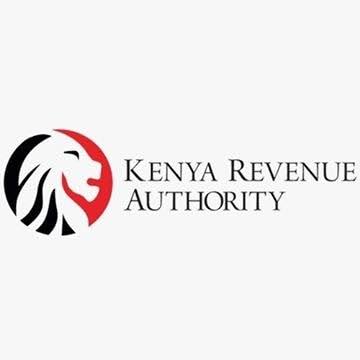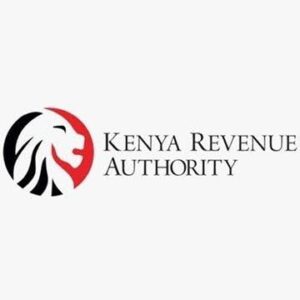According to reports by Business Daily Africa and Techweez the Kenya Revenue Authority (KRA) has put its focus on developers of digital applications (apps) which generate income.
This is part of the tax collector’s plans to ensure online businesses pay tax as well.
Due to the fact that online businesses do not have physical addresses or legal structures in most of the jurisdictions where they operate, it has been rather easy to escape tax payments as well as the counties which issue business permits.
Based on an announcement by the tax collector on Wednesday the 15th Of August 2019, app developers will face tax demands on downloads on their platforms and revenue generated from said downloads.
The Kenya Revenue Authority (KRA) made it know that it will be working with the Communications Authority of Kenya (CA) in order to obtain transactions data by both resident and foreign based app developers conducting business in Kenya.
The Kenya Revenue Authority (KRA) stated on Wednesday the 15th Of August 2019 that the Provision of online platforms for use by third parties is a taxable supply under the Value Added Tax (VAT) Act 2013, adding that it will attract the standard 16 percent levy.

The Deputy Commissioner for corporate policy, Maurice Oray, stated that besides other taxes, owners of applications should pay Value Added Tax (VAT) on downloads under Section 3 of the Income Tax Act.
The Deputy Commissioner added that, “VAT applies on those apps because you are providing a service which is not zero-rated or exempted.”
Mr. Maurice Oray further stated that, “If you are a resident here, you are supposed to pay the taxes the normal way. If you are not a resident but you have an app that’s being used here, your tax representative (a requirement under Section 16 of Tax Procedures Act) must pay your VAT and income tax.”
Companies which generate more than 5 million Kenyan Shillings in annual sales are required to register for Value Added Tax (VAT) obligations for supplies, as well as corporate tax at 30 percent for resident companies and 37.5 percent for foreign entities.
Businesses that generate a maximum annual turnover of less than 5 million Kenyan Shillings are however not required to register for Value Added Tax (VAT), but will pay a presumptive tax at the rate of 15 percent of the annual single business permit fee issued by a county government.
The business permit fee could however, go back to a monthly turnover tax at the rate of 3 percent of the gross receipts of the business through the Finance Bill 2019 which is set to be debated by lawmakers in September 2019.
For individuals on the other hand, income tax ranges from 10 percent on the first 147,580 Kenyan Shillings annual income, and rises to 30 percent for income above 564,709 Kenyan Shillings.
While the Kenya Revenue Authority (KRA) will however, have to wait for the National Assembly to ratify the “Multilateral Convention on Mutual Administrative Assistance in Tax Matters”, a treaty that enables the tax collector to exchange and get specific data on tax evaders across the world, has maintained that it has already invested heavily in intelligent technological systems capable of spying on transactions by businesses and homes.



